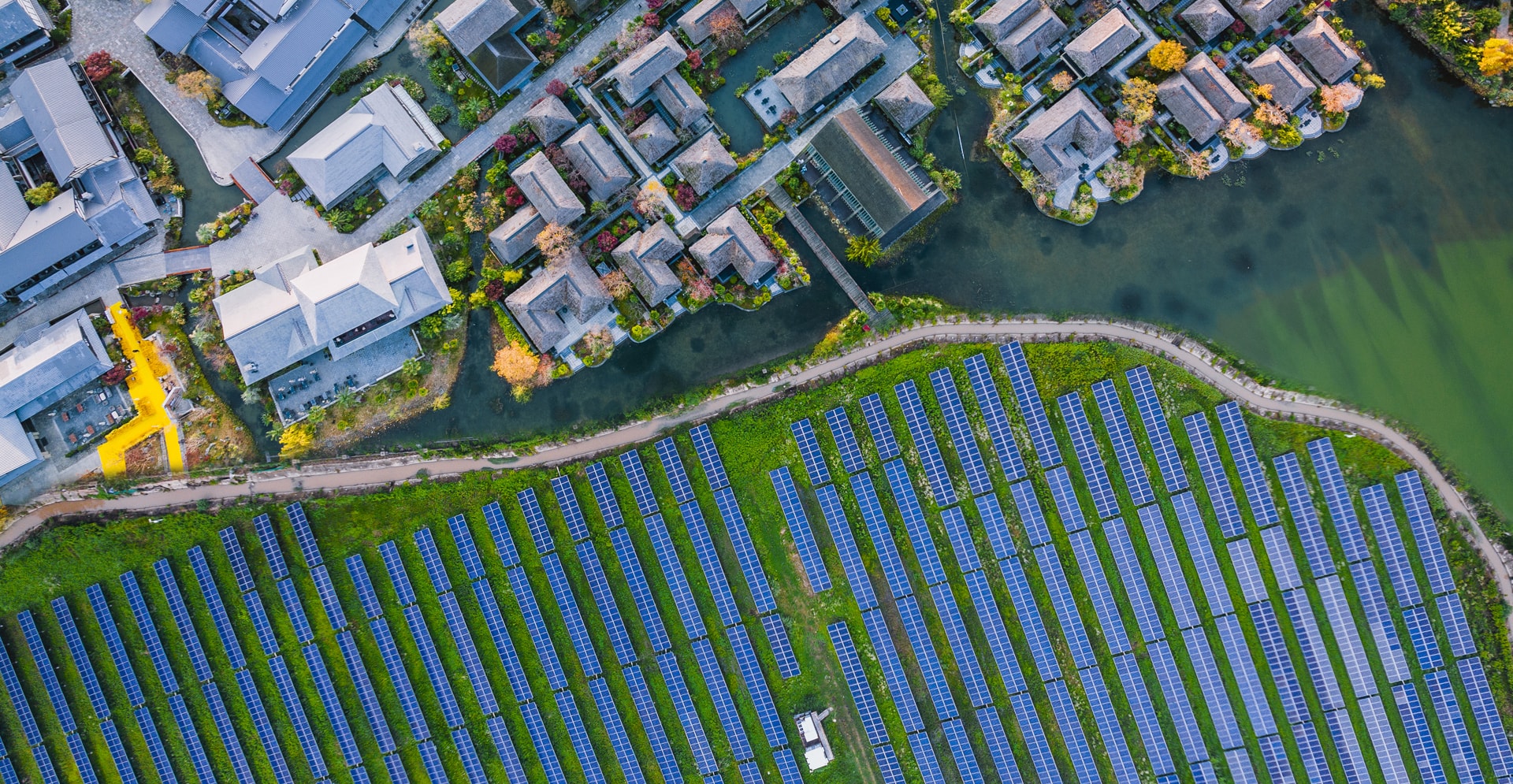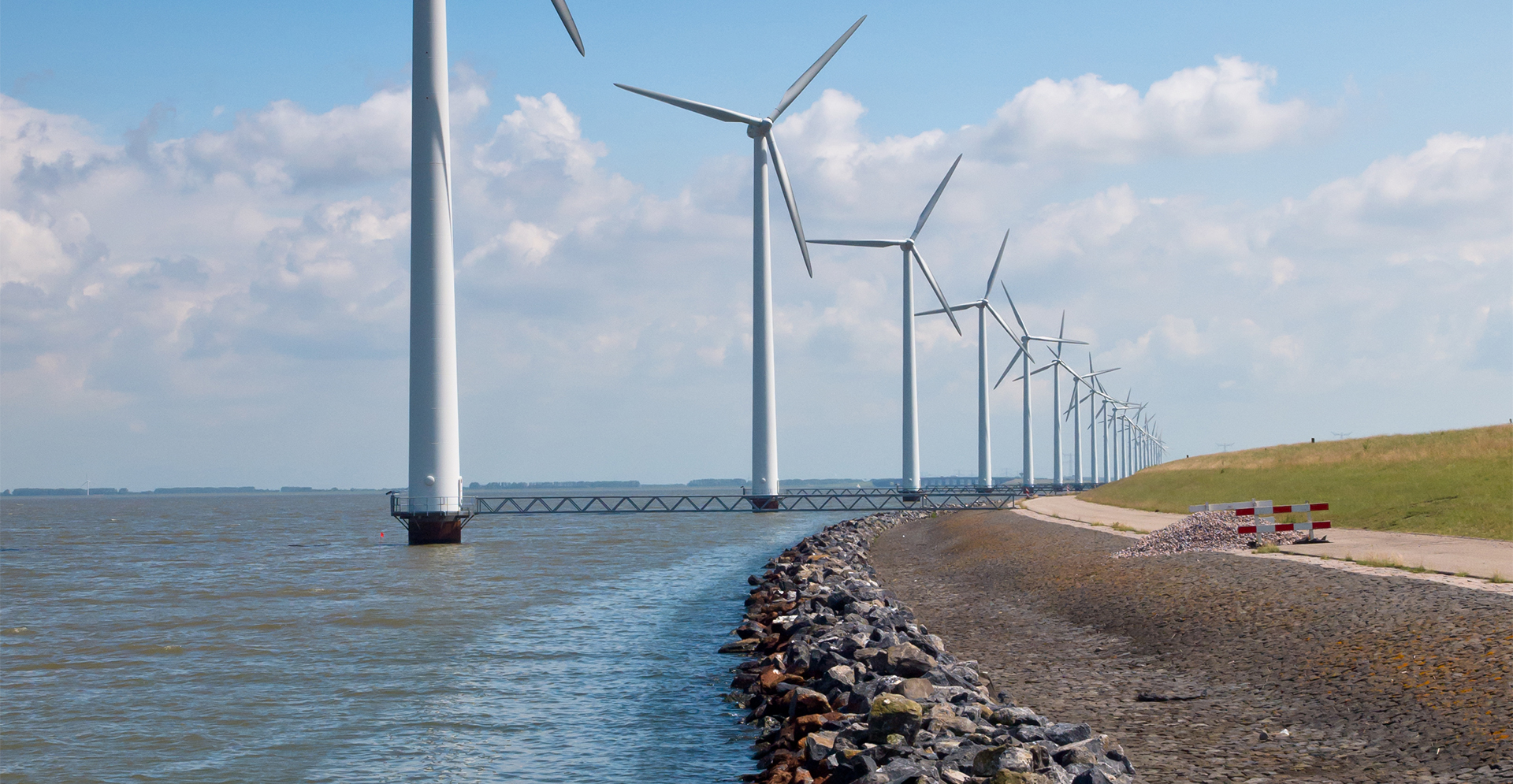A clean energy transition doesn’t have to be difficult. Learn how to double your return with smart energy investments.
Smart investments to accelerate the transition
New policies in major energy and mobility markets are helping propel annual clean energy investment to more than EUR 1.8 trillion by 2030, rising over 50% from today (IEA, 2022). While this shows progress, to meet net zero goals, the real investment needed is estimated at EUR 4.6 trillion annually until at least 2050. With cities growing more populous, infrastructure assets will need to expand, while carbon-based assets may become obsolete. It will prove increasingly expensive to not invest in sustainable alternatives, in terms of energy efficiency and maintenance of ageing, outdated assets over their lifecycle.
There is no effective plan to become carbon neutral if legislation and funding don’t match these goals. Competing agendas and pressure to address other economic and societal challenges mean public budgets will be limited in scope. To meet the investment gap, the public and private sector will need to work together to create an attractive business case and evolve current business models, energy pricing systems and subsidy mechanisms.
While effective use of subsidy mechanisms can prove beneficial to incentivize investments in the short-to-medium term, smart investments in clean, hybrid solutions and assets can stand the test. Arcadis has a key advisory role in guiding the business case.

Key steps to support your journey:
- Bring public (municipalities, utilities, social housing corporations) and private (real estate, corporations, infrastructure developers) interests together through stakeholder engagement so legislation and subsidies can incentivize investment
- Strategic financial advice will be critical in realizing the benefits of investment at different levels: social, corporate, consultants/engineers
- Reduce risk via the effective use of cost data like social cost benefit analysis and partnerships to build a business case
Projects
How Arcadis can help
Arcadis has the experience and expertise to partner with you from strategic planning to implementation in your move to carbon-neutrality. Learn more about key solutions we offer as you navigate this stage of your journey.















